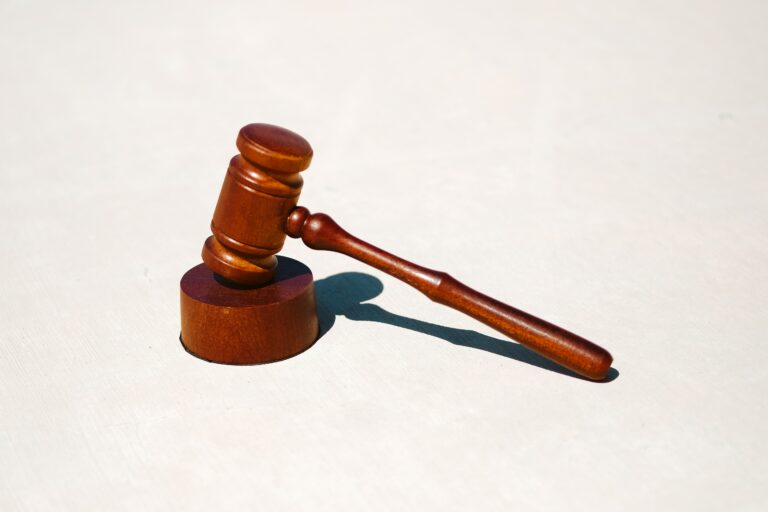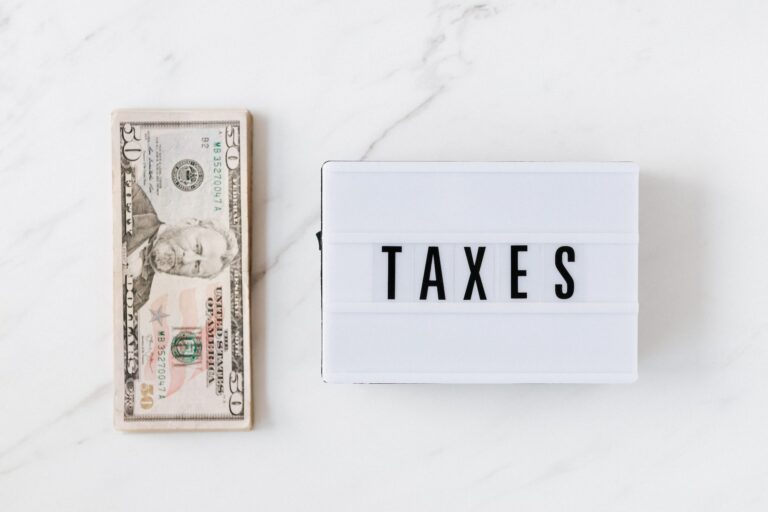
Probate: What Is it? How Does it Work?
Many times, the word probate carries a negative connotation and it’s often positioned as something to avoid at all costs. According to a recent article “The Legal Corner: Pros and Cons of Probate” from The Huntsville Item, it’s important to understand the role probate plays in the estate planning and administration process. A comprehensive estate plan can minimize the probate process, and in some instances, it is a convincing reason to have a professionally created estate plan.
In cases where there is no will, the probate system ensures that all accounts and property are distributed in accordance with state law. There are potential benefits to having an estate go through probate in the administration of a decedent estate, including:
- Probate provides a reliable procedure for the distribution of the deceased’s property in the absence of a will.
- If a will exists, probate validates and enforces the wishes of the decedent.
- Probate ensures that taxes and valid debts are paid, so beneficiaries are not left with an uncertain feeling regarding the decedent’s affairs.
- If there were debts or unpaid bills, probate provides a means of limiting the amount of time creditors have to file claims, which may result in debt discharge, reduction, or other advantageous settlements.
- It allows for third-party oversight by a court, potentially reducing family conflicts and in certain instances, encouraging family members to act properly.
There are also reasons to avoid probate. An experienced estate planning attorney can create an estate plan where wealth and property pass directly to beneficiaries, avoiding or minimizing all or part of the estate going through probate. These include:
- Privacy is a big benefit of avoiding probate. Probate is a matter of public record, so certain documents, including personal and financial information, are accessible to the public. This is why wills should never have specific account names and numbers included.
- Probate means that your estranged family member will be able to find out how the estate was distributed and read the will, even if you didn’t wish this to happen.
- Probate can be costly. Probate requires court fees, attorney fees and executor fees, which are then deducted from the value of assets intended for loved ones.
- Probate can be time-consuming, depending on where you live. In some jurisdictions, probate courts run smoothly. However, this is not aways the case. If the family is depending on receiving assets quickly, for example, if funds are needed in order to maintain the decedent’s house so it can be sold, probate will require them to find other resources.
An estate planning attorney will be able to review the estate and determine which assets can be transferred to heirs through other means to avoid having the entire estate go through probate. They will also be familiar with the courts in your local jurisdiction and know how long it will take, if the estate needs to go through probate.
Reference: The Huntsville Item (Feb. 12, 2023) “The Legal Corner: Pros and Cons of Probate”









